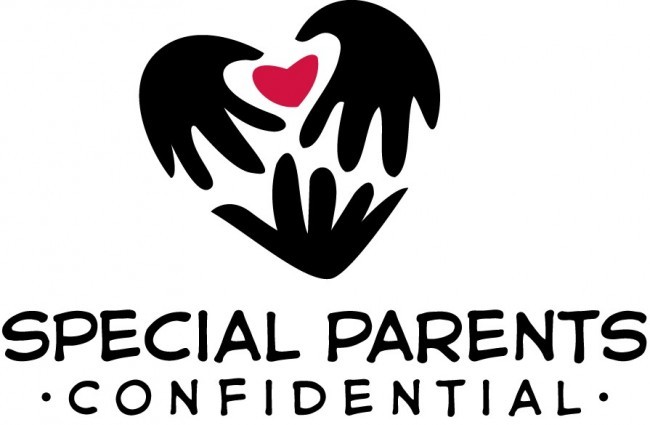Vaccine Safety
In the last 20 years or so we have seen an increase in popularity of an anti-vaccine movement which is based on some very disturbing claims. Primarily among them being that the MMR vaccine, which stands for Measles, Mumps, and Rubella, causes autism. Others claim all manner of health problems can come from vaccinations and that we, as a society, should stop vaccinating our children in any way.
But are those claims valid? Do they have any real scientific proof? For that matter, how safe are vaccines and immunizations? Who makes them? How are they tested? What kind of research, safeguards, and oversight is done before a vaccine is allowed to be used in public? Are they just thrown together in careless disregard by big pharma corporations for big profits, as the anti-vaccine movement claims, or is there a much more scientific and careful approach with regulations and oversight from medical groups, the CDC, and the FDA?
Our guest on this episode of Special Parents Confidential is going to answer a lot of those questions. Mary Wisinski, RN BSN, is the Supervisor of the Immunization Program at the Kent County Health Department, located in Grand Rapids, Michigan, and she has graciously agreed to this interview to provide credible and accurate information. And what she has to say is very important for every parent to hear and understand.
More importantly, Mary answers the one question that the anti-vaccine people have never dared to address: Are there documented cases of children who were not vaccinated, yet still developed autism? Listen to this episode to hear the answer for yourself.
Mary has also supplied a PDF with links to websites that contain accurate, proven, peer-reviewed research that prove the safety and importance of vaccines and immunizations. There is also links to books you can purchase for more information, a toll free number to the Center for Disease Control where you can speak to CDC staff on vaccine safety 24/7, as well as a DVD on vaccine safety. The website links are listed below and the PDF form link is below them:
American Academy of Pediatrics Immunization Webpage
The Center for Disease Control Vaccine Website
Vaccinate Your Baby – contains a broad array of educational materials and information about vaccines, their safety, vaccine research and science, vaccine misperceptions, and many other topics for clinicians and parents.
Every Child By Two another site with great information for parents and clinicians.
Immunization Action Coalition and their additional website Vaccine Information
The U.S. Department of Health Website on Vaccine Safety
Children’s Hospital of Philadelphia (CHOP) Vaccine Information Webpage
Center for Disease Control offers a toll-free number for consumers and healthcare professionals who have questions about immunization and vaccine-preventable diseases. Call (800) CDC-INFO or (800) 232-4636. The Center operates 24/7 in English & Spanish. TTY: (888) 232-6348.
Reliable Sources of Immunization Information – Link to downloadable pdf.
Please note, on the PDF form there is a link to a site called the National Network for Immunization Information. That domain has expired and the links are no longer active.
As always a reminder that if you like this episode of Special Parents Confidential or any episode we’ve done, please share our site with your friends, family, and all your connections on social media. You can do this easily with the social media buttons located right below this paragraph. Like us on Facebook, follow us on Twitter, add us on Google Plus, Tumbler, Linked In, Pintrest, Stumble Upon, Reddit, or other social media sites that you use. You can also sign up for our email service and have new posts and podcast episodes delivered right to your inbox the moment they’re available online. That form is located to the right of this text. We’re also on iTunes and Stitcher as a free subscription and if you have a moment, feel free to write a review about our podcast there. Anything you can do to help spread the word about Special Parents Confidential will help us be able to continue these podcasts.
Thanks for your support!
Podcast: Play in new window | Download
Subscribe:
Like this:
Like Loading...





